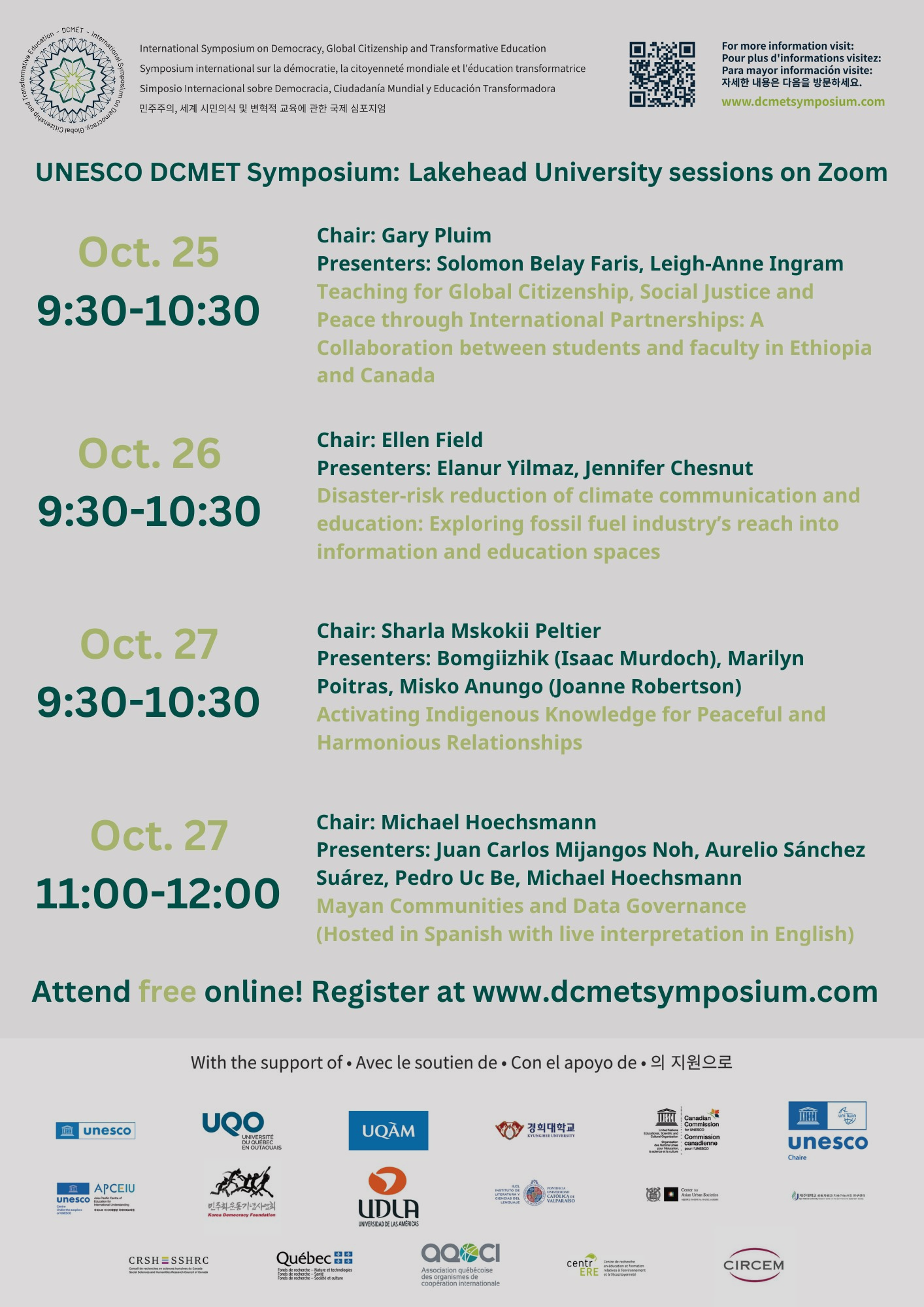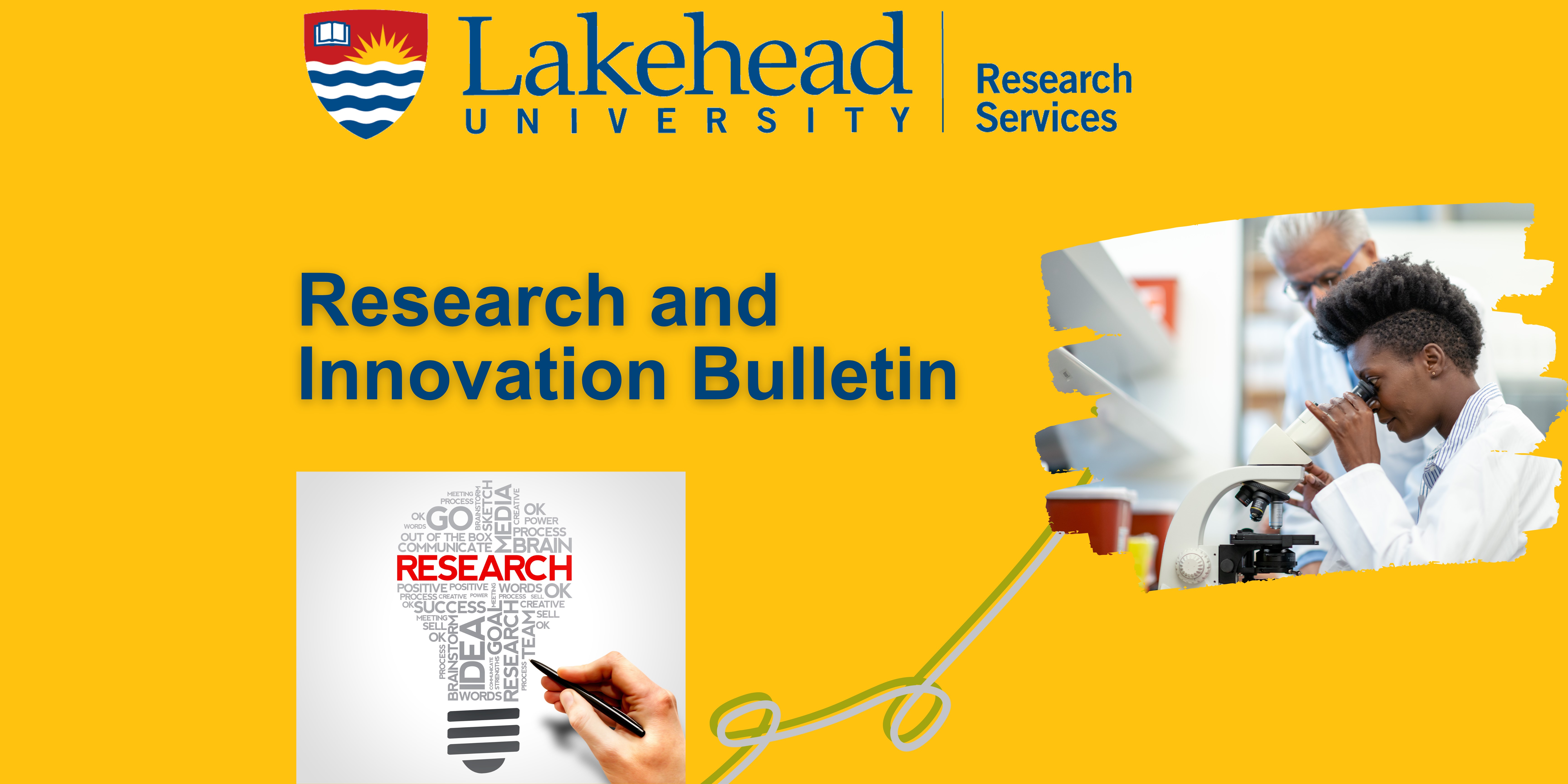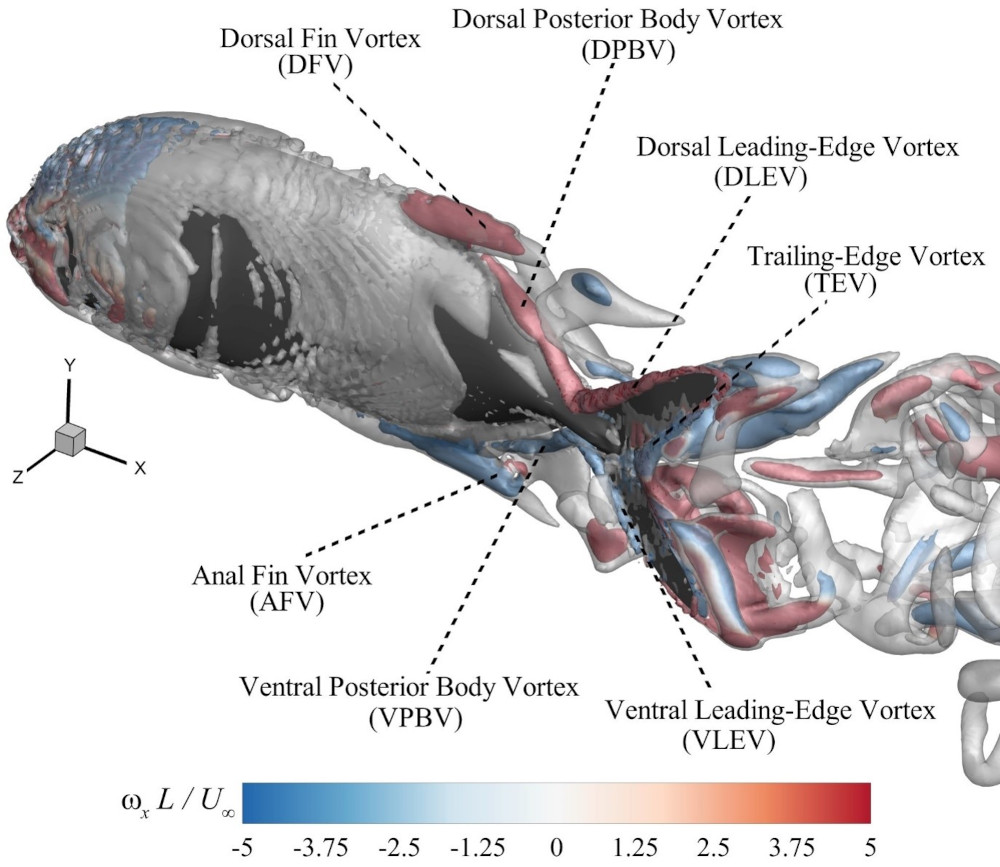Lakehead University researcher Dr. Ellen Field is leading a project to support and accelerate the integration of climate change education in teacher education programs across Canada.
The two-year project will support professional learning experiences in climate change education for those studying in professional programs, and provide professional development opportunities for those already in the teaching profession.
Field, an assistant professor in the faculty of education, has received $449,000 from Environment Climate Change Canada (ECCC) to lead this project in partnership with Dr. Hilary Inwood from the Ontario Institute for Studies in Education (OISE) at the University of Toronto.
“Our research has shown that there is a clear need to support teachers with climate change education and resources,” says Field.
“This is an opportunity for us to work with teacher education programs to embed the concepts of climate change education in pedagogy and teacher training practices. Doing so will ensure that teachers entering K-12 classrooms have a solid understanding of climate change, as well as how to teach this content in effective, justice-oriented, and experiential ways.”
Over the next two years, Field and Inwood, along with a team of graduate students, will deliver five components, including a national e-course in climate change education for both pre-service and in-service teachers, a webinar series focused on teacher education and the other on K-12 formal education, a national roundtable on climate change education, and accelerator seed grants for faculties of education to improve climate change education.
“If we want to improve climate change education and environmental and sustainability education in formal education systems, we need to strengthen these in teacher education programs,” states Inwood.
“This project will help faculties of education establish new policy and improve their course and extracurricular programming in climate change education through accelerator seed grant funding. This is a critical step in ensuring the central role of all levels of education in addressing the climate crisis.”
For more information on this project visit https://accelerating-cce.ca/.
-30-
Media: For more information or interviews, please contact Brandon Walker, Media, Communications and Marketing Associate, at 807-343-8010 ext. 8372 or mediarelations@lakeheadu.ca.
Lakehead University is a fully comprehensive university with approximately 9,700 full-time equivalent students and over 2,000 faculty and staff at two campuses in Orillia and Thunder Bay, Ontario. Lakehead has nine faculties, including Business Administration, Education, Engineering, Graduate Studies, Health & Behavioural Sciences, Law, Natural Resources Management, Science & Environmental Studies, and Social Sciences & Humanities. Lakehead University’s achievements have been recognized nationally and internationally, including being ranked in the top half of Times Higher Education's 2023 World Universities Rankings for the fourth consecutive year, and the number one university in the world with fewer than 9,000 students in THE’s 2023 Impact Rankings (which assesses institutions against the United Nations’ 17 Sustainable Development Goals). Visit www.lakeheadu.ca.
Intégrer l'éducation au changement climatique dans les programmes de formation des enseignants : l'objectif d'un nouveau projet dirigé par l'Université de Lakehead
le 13 décembre 2023 – Orillia, Ont.
Une chercheuse à l'Université de Lakehead, Ellen Field, dirige un projet visant à soutenir et à accélérer l'intégration de l'éducation au changement climatique dans les programmes de formation des enseignants à travers le Canada.
Ce projet de deux ans soutiendra les expériences d'apprentissage professionnel dans le domaine de l'éducation au changement climatique pour les étudiants des programmes professionnels et offrira des possibilités de développement professionnel à ceux qui exercent déjà la profession d'enseignant.
Mme Field, professeur adjoint à la faculté d'éducation, a reçu $449,000 d'Environnement et Changement climatique Canada (ECCC) pour guider ce projet en partenariat avec Hilary Inwood de l'Institut d'études pédagogiques de l'Ontario de l'Université de Toronto.
"Nos recherches ont montré qu'il existe un besoin évident de soutenir les enseignants en leur fournissant des informations et des ressources sur le changement climatique", explique Mme Field.
"C'est l'occasion pour nous de travailler avec les programmes de formation des enseignants pour intégrer les concepts de l'éducation au changement climatique dans la pédagogie et les pratiques de formation des enseignants. En faisant, nous nous assurerons que les enseignants qui entrent dans les classes de la maternelle à la 12e année ont une compréhension solide du changement climatique, ainsi que de la façon d'enseigner ce contenu de manière efficace, axée sur la justice et l'expérience."
Au cours des deux prochaines années, Mme Field et Mme Inwood, ainsi qu'une équipe d'étudiants diplômés, mettront en place cinq composantes, incluant un cours électronique national sur l'éducation au changement climatique destiné aux enseignants en formation initiale et en cours d'emploi, une série de séminaires en ligne axés sur la formation des enseignants et l'autre sur l'éducation formelle de la maternelle à la 12e année, une table ronde nationale sur l'éducation au changement climatique, et des subventions de démarrage accélérées pour les facultés d'éducation afin d'améliorer l'éducation au changement climatique.
"Si nous voulons améliorer l'éducation au changement climatique et l'éducation à l'environnement et à la durabilité dans les systèmes éducatifs formels, nous devons les renforcer dans les programmes de formation des enseignants", déclare Mme Inwood.
"Ce projet aidera les facultés d'éducation à établir de nouvelles politiques et à améliorer leurs cours et leurs programmes extrascolaires en matière d'éducation au changement climatique grâce à des subventions de démarrage accélérées. Il s'agit d'une étape essentielle pour garantir le rôle central de tous les niveaux d'éducation dans la lutte contre la crise climatique."
Pour plus d'informations, consultez le site https://accelerating-cce.ca/.
-30-
Médias : Pour obtenir de plus amples renseignements ou des entrevues, veuillez communiquer avec Brandon Walker, associée des médias, des communications et du marketing, au 807-343-8010, poste 8372, ou à l'adresse mediarelations@lakeheadu.ca.
L'Université Lakehead est une université complète qui compte environ 9 700 étudiants équivalents temps plein et plus de 2 000 membres du corps professoral et du personnel sur ses deux campus d'Orillia et de Thunder Bay, en Ontario. Lakehead compte neuf facultés : administration des affaires, éducation, ingénierie, études supérieures, santé et sciences du comportement, droit, gestion des ressources naturelles, sciences et études environnementales, et sciences sociales et humaines. Les réalisations de l'université Lakehead ont été reconnues à l'échelle nationale et internationale, notamment en se classant dans la première moitié du classement mondial des universités 2023 du Times Higher Education pour la quatrième année consécutive, et en se plaçant au premier rang des universités de moins de 9 000 étudiants dans le classement d'impact 2023 du THE (qui évalue les établissements en fonction des 17 objectifs de développement durable des Nations unies). Visitez le site www.lakeheadu.ca.












 CONGRATULATIONS TO OUR FACULTY AND STAFF WHO WERE PRESENTED AT SENATE WITH THE FOLLOWING AWARDS:
CONGRATULATIONS TO OUR FACULTY AND STAFF WHO WERE PRESENTED AT SENATE WITH THE FOLLOWING AWARDS: